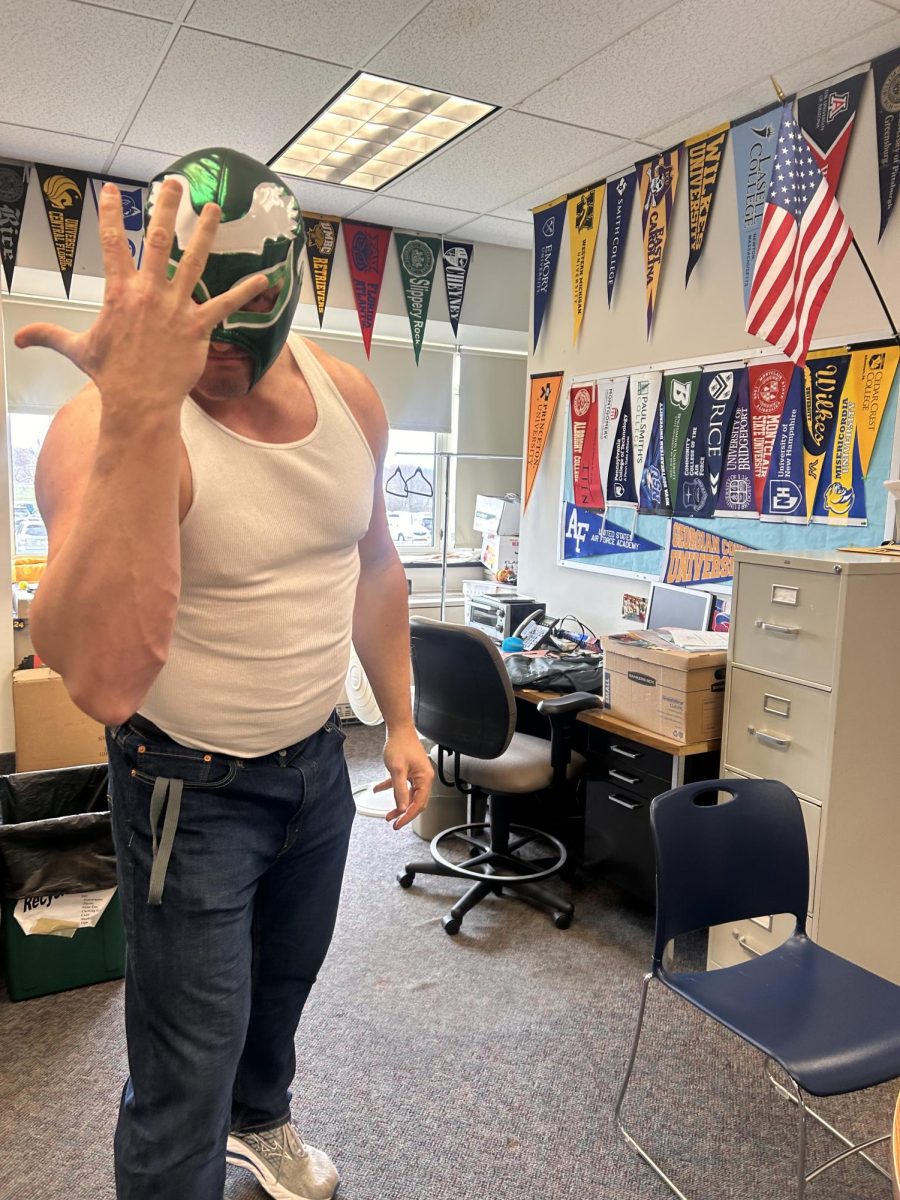2004 film now viewed in Social Studies classes makes impact

Hotel Rwanda (2004) was originally released in 2004 in theaters, but is now a popular movie among World Culture classes in high schools.
January 26, 2015
Attention NPHS World Cultures students: if you haven’t already seen this film in your World Cultures class, you shouldn’t delay in watching. Though Hotel Rwanda was released nearly a decade ago, it doesn’t change the emotional and moving impact it has on people today. A popular major motion picture when it was release in 2004, the movie is certainly less known now among a high school age audience who would find many takeaways in this powerful film.
When it comes to saving the lives of people you care about, no one would have risked it in the same way as Paul Rusesabagina. Hotel Rwanda is based off of the true story of a man named Paul Rusesabagina (played by Don Cheadle) during the Rwandan genocide. In 1994, massacres broke out in Rwanda, Africa in an attempt to wipe out all people of the Tutsi ethnicity. Rusesabagina, a hotel manager of the Hutu ethnicity, provided shelter for 1,200 Tutsi refugees and his family(also Tutsi) during the chaos. The film, directed by Terry George, scored an 8.2/10 on IMDb and a 90% on Rotten Tomatoes.
Let me tell you, before watching this film I wasn’t sure what to expect. Knowing it was about a genocide, I predicted it would turn out to be like the horrific times of WWII. True enough, the movie did contain horrifying and heartbreaking events. There wasn’t a whole lot in the film that was made to be intentionally funny. Terry George does an incredible job in holding out the suspense when the fates of the characters persist between life and death. However just when you think things will only get worse, Rusesabagina stands out as an epitome of hope for all.
I truly admire Rusesabagina’s heroism, because he forces himself to think in life threatening situations. He uses bribery, drugs, and alcohol to prevent the Hutu militia from starting a massacre within his grounds. In fact, he manages to get their protection for a certain period of time. You start to feel sympathetic towards his character because you see that his primary responsibility is on the safety of his wife (played by Sophie Okonedo) and three children.
Despite the film being in first person, you see the struggles of the entire Tutsi community. When the environment around the characters is filled with bloodshed and terror you start to doubt the survival of Rusesabagina and his family. More importantly, you start to doubt the survival of all the Tutsi refugees that he is responsible for.
As well as for Rusesabagina, his life changing experiences have encouraged him to start the “Hotel Rwanda Rusesabagina Foundation”. According to the site, “The Foundation works to prevent future genocides and raise awareness of the need for a new truth and reconciliation process in Rwanda and the Great Lakes Region of Africa.”
Overall, I can guarantee you will be baffled by the numerous miracles that come out in the end. When the credits popped up I thought to myself, “did all of that really happen”. Shockingly, it really did. Because this film is considered as a historical drama and not a tedious documentary I will truly remember watching it.









